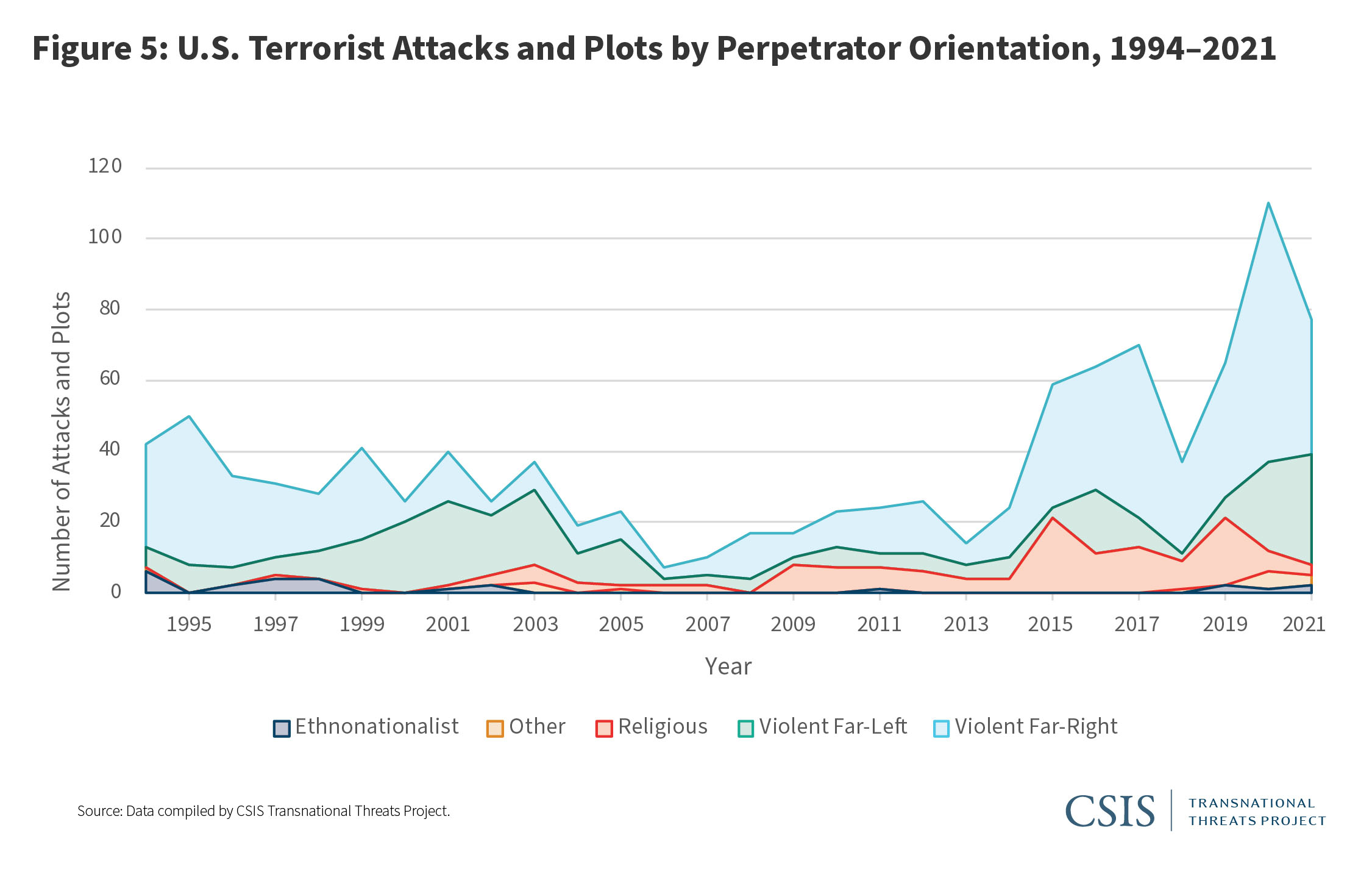DATA ON DISInformation, misinformation, conspiracy theories and media narratives
Please consider all data with scrutiny. We merely aggregate the data that is available, and while insights can be gathered here, we recognize that there may be flaws in both the collection and presentation of this data. Our hope is that through the support of people like you, we might improve on the data that is presented here, thereby increasing the reliability of this service.
[Resource 1] YouGov Survey: Conspiracy Theories November 9 - 13, 2023 - 1000 U.S. adult citizens. Data expressed in percentages.
[Resource 1] YouGov Survey: Conspiracy Theories November 9 - 13, 2023 - 1000 U.S. adult citizens. Data expressed in percentages.
[Resource 1] YouGov Survey: Conspiracy Theories November 9 - 13, 2023 - 1000 U.S. adult citizens. Data expressed in percentages.
[Resource 1] YouGov Survey: Conspiracy Theories November 9 - 13, 2023 - 1000 U.S. adult citizens. Data expressed in percentages.
[Resource 1] YouGov Survey: Conspiracy Theories November 9 - 13, 2023 - 1000 U.S. adult citizens. Data expressed in percentages.
[Resource 1] YouGov Survey: Conspiracy Theories November 9 - 13, 2023 - 1000 U.S. adult citizens. Data expressed in percentages.
[Resource 1] YouGov Survey: Conspiracy Theories November 9 - 13, 2023 - 1000 U.S. adult citizens. Data expressed in percentages.
[Resource 1] YouGov Survey: Conspiracy Theories November 9 - 13, 2023 - 1000 U.S. adult citizens. Data expressed in percentages.
[Resource 1] YouGov Survey: Conspiracy Theories November 9 - 13, 2023 - 1000 U.S. adult citizens. Data expressed in percentages.
[Resource 1] Celinet Duran, “Far-Left Versus Far-Right Fatal Violence: An Empirical Assessment of the Prevalence of Ideologically Motivated Homicides in the United States,” Criminology, Criminal Justice, Law & Society 22 no. 2 (2021): 33-49; Joshua D. Freilich et al., “Introducing the United States Extremist Crime Database (ECDB),” Terrorism and Political Violence 26 no. 2 (2014): 372-384; and William Parkin, Joshua D. Freilich, and Steven Chermak, “Did Far-Right Extremist Violence Really Spike in 2017?” The Conversation, January 4, 2018.
[Resource 2] Duran, “Far-Left Versus Far-Right Fatal Violence”; Freilich et al., “Introducing the United States Extremist Crime Database (ECDB)”; and Parkin, Freilich, and Chermak, “Did Far-Right Extremist Violence Really Spike in 2017?”
SERP data obtained from https://seo.ai/tools/keyword-search-volume & https://www.wordtracker.com/. Further funding of this service will go towards obtaining higher quality SERP data which is more refined and specific. It is worth noting here that these keyword terms are not all incompassing, and that there are many different ways one might search for any given topic. It is also worth noting that not everyone who searches for a given term will be a "believer" or "supporter". However, we believe this data at least highlights the amount of conversation and/or interest in the keywords mentioned above.
SERP data obtained from https://seo.ai/tools/keyword-search-volume & https://www.wordtracker.com/. Further funding of this service will go towards obtaining higher quality SERP data which is more refined and specific. It is worth noting here that these keyword terms are not all incompassing, and that there are many different ways one might search for any given topic. It is also worth noting that not everyone who searches for a given term will be a "believer" or "supporter". However, we believe this data at least highlights the amount of conversation and/or interest in the keywords mentioned above.
SERP data obtained from https://seo.ai/tools/keyword-search-volume & https://www.wordtracker.com/. Further funding of this service will go towards obtaining higher quality SERP data which is more refined and specific. It is worth noting here that these keyword terms are not all incompassing, and that there are many different ways one might search for any given topic. It is also worth noting that not everyone who searches for a given term will be a "believer" or "supporter". However, we believe this data at least highlights the amount of conversation and/or interest in the keywords mentioned above.
SERP data obtained from https://seo.ai/tools/keyword-search-volume & https://www.wordtracker.com/. Further funding of this service will go towards obtaining higher quality SERP data which is more refined and specific. It is worth noting here that these keyword terms are not all incompassing, and that there are many different ways one might search for any given topic. It is also worth noting that not everyone who searches for a given term will be a "believer" or "supporter". However, we believe this data at least highlights the amount of conversation and/or interest in the keywords mentioned above.
[Resource 1]: The Use of Social Media by United States Extremists. National Consortium for the Study of Terrorism and Responses to Terrorism. https://www.start.umd.edu/pubs/START_PIRUS_UseOfSocialMediaByUSExtremists_ResearchBrief_July2018.pdf. Data expressed in percentages.
[Resource 1]: The Use of Social Media by United States Extremists. National Consortium for the Study of Terrorism and Responses to Terrorism. https://www.start.umd.edu/pubs/START_PIRUS_UseOfSocialMediaByUSExtremists_ResearchBrief_July2018.pdf. Data expressed in percentages.
[Resource 1]: White Supremacist Propaganda Spikes in 2020. Anti-Defamation League https://www.adl.org/resources/report/white-supremacist-propaganda-spikes-2020. Data expressed in number of incidents.

[Resource 1] https://www.csis.org/analysis/pushed-extremes-domestic-terrorism-amid-polarization-and-protest
